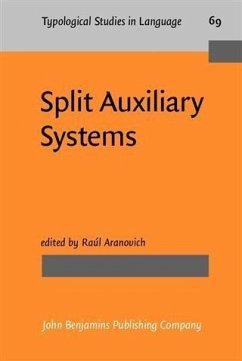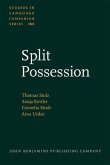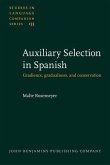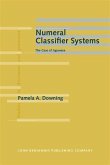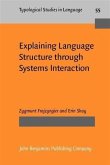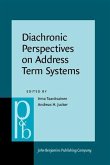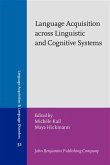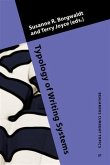The alternation between the auxiliaries BE and HAVE, which this collection examines, is often discussed in connection with generative analyses of split intransitivity. But this book's purpose is to place the phenomenon in a broader context. Well-known facts in the Romance and Germanic language families are extended with data from lesser studied languages and dialects (Romanian, Paduan), and also with experimental and historical data. Moreover, the book goes beyond the usual language families in which the phenomenon has been studied, with the inclusion of two chapters on Chinese and Korean. The theoretical background of the contributors is also broad, ranging from current Generative approaches to Cognitive and Optimality-Theoretical frameworks. Readers interested in the structural, historical, developmental, or experimental aspects of auxiliary selection should profit from this book's comprehensive empirical coverage and from the plurality of contemporary linguistic analyses it contains.
Dieser Download kann aus rechtlichen Gründen nur mit Rechnungsadresse in A, B, BG, CY, CZ, D, DK, EW, E, FIN, F, GR, HR, H, IRL, I, LT, L, LR, M, NL, PL, P, R, S, SLO, SK ausgeliefert werden.

